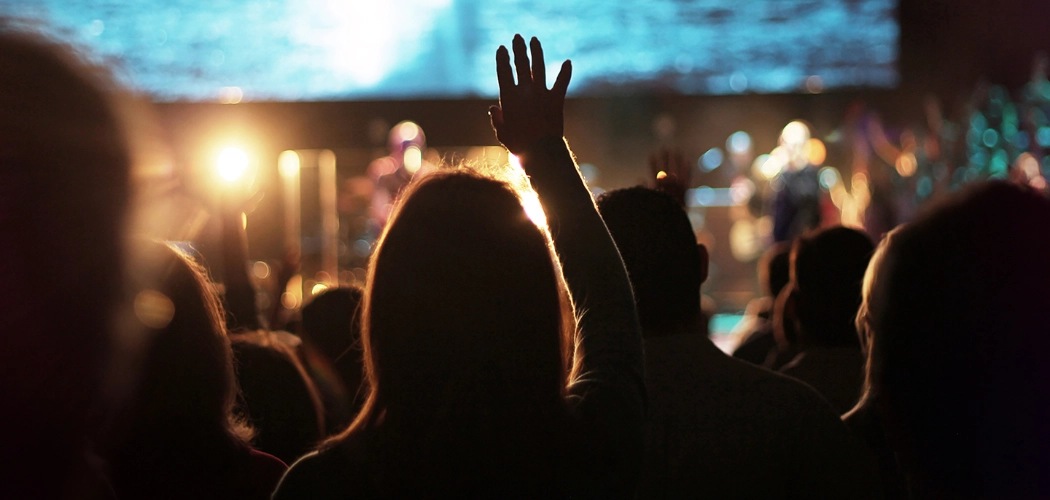On Wednesday, September 25, I received a robo-call from the school district. They were canceling classes for Thursday and Friday due to the heavy rain expected from Hurricane Helene. Local authorities warned that all roads were closed until further notice. My family had stocked up on groceries, and with the possibility of power outages, we prepped as we always do when storms come through: charge all the devices, fill the pantry, and prepare for some cozy board games if the power goes out.
The rain began that afternoon in our small town in western North Carolina. By Thursday, it was relentless. And by Friday morning, Helene’s eye hovered directly above us, unleashing a fury like nothing we’d ever experienced. The wind howled from all directions, and the rain poured so heavily we couldn’t even see our backyard fence.
At noon, the worst of the storm began to pass. We lost power, and because we’re on a well, we lost water too. A river formed in our backyard, rushing down the side of the mountain. Slowly, our family and neighbors ventured out to assess the damage. Cell coverage was spotty, with texts trickling in about once an hour.
We gathered on a neighbor’s front porch, laughing about roasting s’mores until the power came back. Our street seemed spared, and we relished the sense of forced isolation, catching up as the kids splashed in the muddy yard. It felt like a sweet moment of community, and we assumed everyone nearby was okay.
Then the calls started coming in.
Friends less than a mile away had fled their home that morning in waist-deep water, clutching their two small children as they waded to safety. We learned that a creek had transformed into a raging river. Soon after, we heard about sinkholes swallowing roads and mudslides crashing down mountainsides. Helicopters from Samaritan’s Purse and the National Guard flew overhead, delivering supplies and rescuing those stranded.
Reality began to set in: Helene wasn’t just another storm. It was a once-in-a-generation catastrophe. And while our street had been spared, our town had been ravaged.
In the days that followed, power flickered on and off, and communication remained limited. Roads were impassable, and a curfew was in place. The next two weeks were filled with rescue missions, airlifts for supplies, and linemen working tirelessly to restore power.
But in the midst of the chaos, I witnessed something beautiful: a deep sense of community. Every able-bodied person pitched in, clearing debris, checking on neighbors, and sharing resources. While we were helping friends shovel out their washed-away driveway, a stranger pulled over with a Bobcat on his trailer and started moving gravel to fill the gaps. “I’m just driving around helping wherever I can,” he said.
Schools went above and beyond, contacting every student, sometimes driving over washed-out roads to make sure their families had food, water, and shelter. Moms helped other moms as they juggled the sudden closures of schools that went on indefinitely for weeks. In a region where locals often take a cautious approach toward outsiders, everyone was united, working arm-in-arm to recover our beloved mountain town.
Four weeks later, the roads were still lined with debris, and the landscape looked permanently altered. But as I pulled into the car-rider line for the first time since the storm, I wept. Teachers stood in front of the school, tears streaming down their faces as they waved to the returning students. Appalachian State’s cheerleaders and football team greeted the children, celebrating a second “first day of school.” It was a triumphant moment.
Our children, normally consumed with the usual adolescent worries, had spent every day of the past weeks volunteering—distributing food, providing childcare, and mucking out flooded homes. They learned what it meant to love their neighbors in action, not just words. Community.
Churches that had never seen eye to eye were now working side by side in relief efforts, finding unity without needing uniformity. In moments of crisis, when lives are at stake and hearts are broken, we are called to run toward the pain together, as the hands and feet of Jesus.
As the immediate support and influx of volunteers wanes and the world’s attention moves on to other crises, I know that community can mean so many things, but the truest, deepest community exists when one person sacrifices their own comfort for the flourishing of their neighbor. They stick around, even after the immediate chaos begins to subside.
I hope your town never experiences a disaster like the one we’ve been through, but none of us are exempt from life’s devastations. I pray that when your storm comes – literal or figurative – you will lean into the community God has placed around you.
When the devastation comes, lift your eyes and look around. So often, the help God sends is standing right beside you, in the hands and feet of your actual neighbors.
God placed you here for such a time as this. Friend, I pray you’ll be brave enough to love and need your neighbors—today and always.





